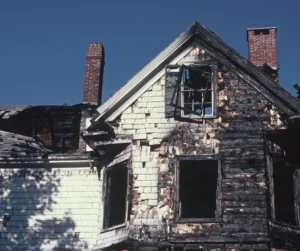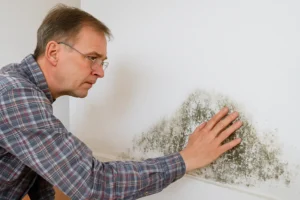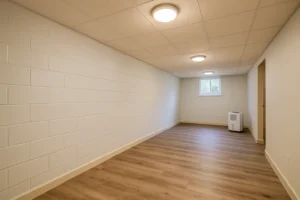Understanding Your Homeowners Insurance Coverage
Most standard homeowners insurance policies typically provide coverage for water damage resulting from sudden and accidental events, including burst pipes. However, the specific coverage can vary depending on your policy details, insurer, and the circumstances surrounding the damage.
To fully understand your policy, carefully review your insurance documentation and consult your insurance agent or provider for personalized clarification.
When Does Homeowners Insurance Cover Burst Pipes?
Commonly Covered Incidents
Frozen and Burst Pipes
If an unexpected cold spell causes your pipes to freeze and burst, the resulting water damage is typically covered.
Sudden Pipe Ruptures
If a plumbing line inside your walls, ceilings, or under your sinks suddenly bursts, the resulting water damage is usually covered.
Appliance Malfunctions
If a washing machine or dishwasher malfunctions and causes immediate flooding, the water damage is typically covered.
Other incidents that may be covered by homeowners insurance include:
Accidental Overflow
If a bathtub or sink overflows due to an accident, the resulting water damage may be covered.
Roof Leaks
If a sudden storm causes your roof to leak and results in water damage, it may be covered.
When Might Homeowners Insurance Not Cover Water Damage?
Common Exclusions for Water Damage Coverage
Neglect and Poor Maintenance
Gradual Leaks
Unlike sudden bursts, gradual leaks that occur over an extended period often indicate neglect. If you fail to notice or address a slow leak, the resulting damage may not be covered by your insurance.
Wear and Tear
Pipes and plumbing systems deteriorate over time. If a pipe bursts due to age, corrosion, or wear and tear, your insurance company may argue that the damage was preventable and deny your claim.
Examples of Non-Covered Water Damage Incidents
Leaking Pipe
If a pipe in your home has been leaking for months and you’ve failed to address the issue, the resulting water damage is unlikely to be covered.
Rusty Pipes
If your pipes are visibly corroded and you haven’t taken steps to replace them, the damage caused by a burst pipe may not be covered.
Frozen Pipes
If you leave your home unheated during freezing weather and your pipes freeze and burst, the resulting damage may not be covered, as this is considered preventable.
Sewer Backup
Water damage caused by a sewer backup is typically not covered by standard homeowners insurance. You may need to purchase additional coverage for this specific risk.
Step-by-step Guide for Filing an Insurance Claim
How to File a Claim for Water Damage from a Burst Pipe

Document the Damage Immediately
Take detailed photos and videos of the damaged area and affected belongings before cleanup begins.

Mitigate Further Damage
Act quickly to stop the leak, remove water, and prevent additional damage. Failure to do so could jeopardize your claim.

Contact Your Insurance Provider Promptly
Inform your insurance company as soon as possible. Provide all required details and documentation for a smoother claim process.

Schedule an Inspection
Your insurer will likely send an adjuster to inspect and evaluate the damage firsthand.
What Costs Are Covered by Insurance?
- Structural repairs and restoration.
- Replacement of damaged personal property.
- Temporary living expenses if your home is uninhabitable.
Preventing Future Issues
- Regularly inspect plumbing and appliances.
- Insulate pipes, especially in colder climates.
- Install leak detection systems and automatic shutoff valves.
- Promptly address small leaks to prevent larger problems.
Unlock Peace of Mind with Adequate Coverage
Understanding how your homeowners insurance policy responds to burst pipes can significantly alleviate stress during emergencies. Regular maintenance, prompt claims reporting, and staying informed will ensure you get the protection and compensation you deserve.
Questions About Your Coverage? Contact Tradewind for personalized advice on your homeowners insurance policy today!





